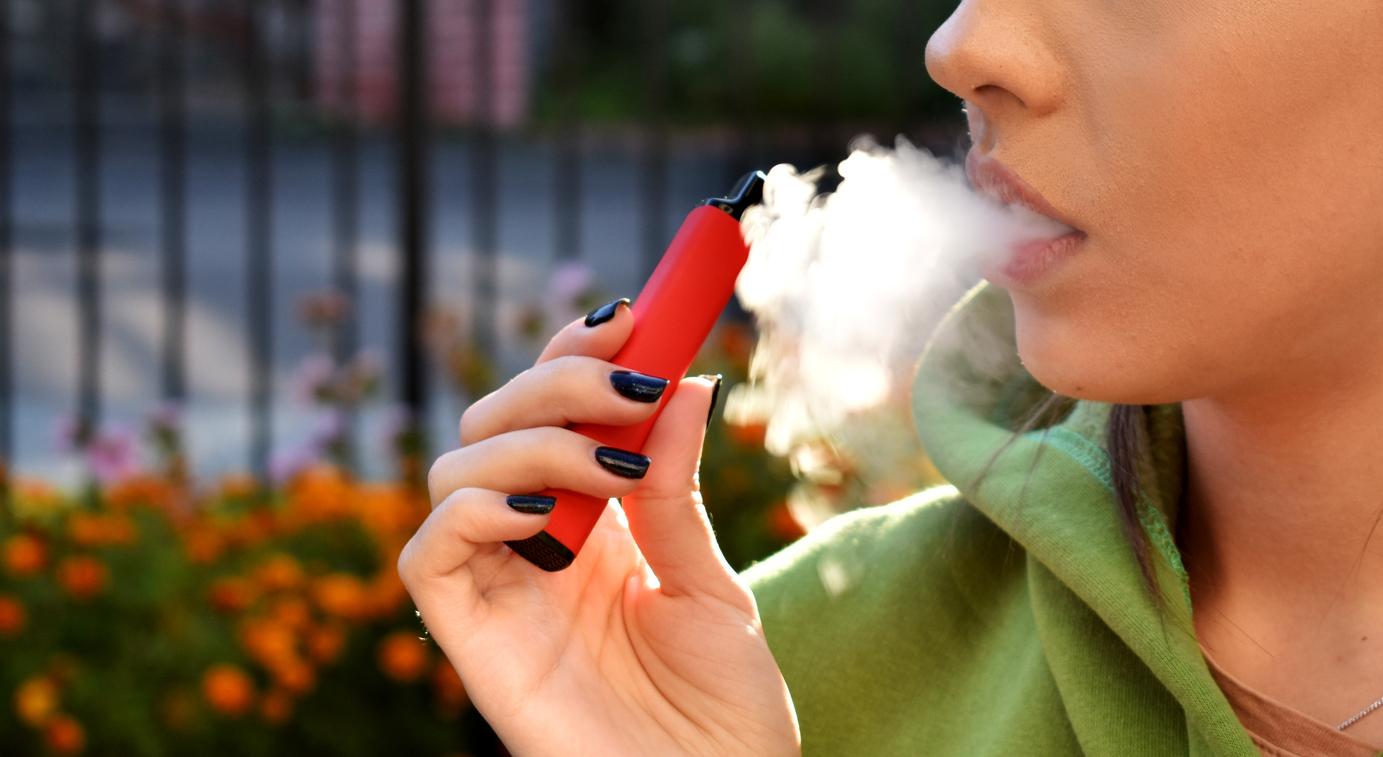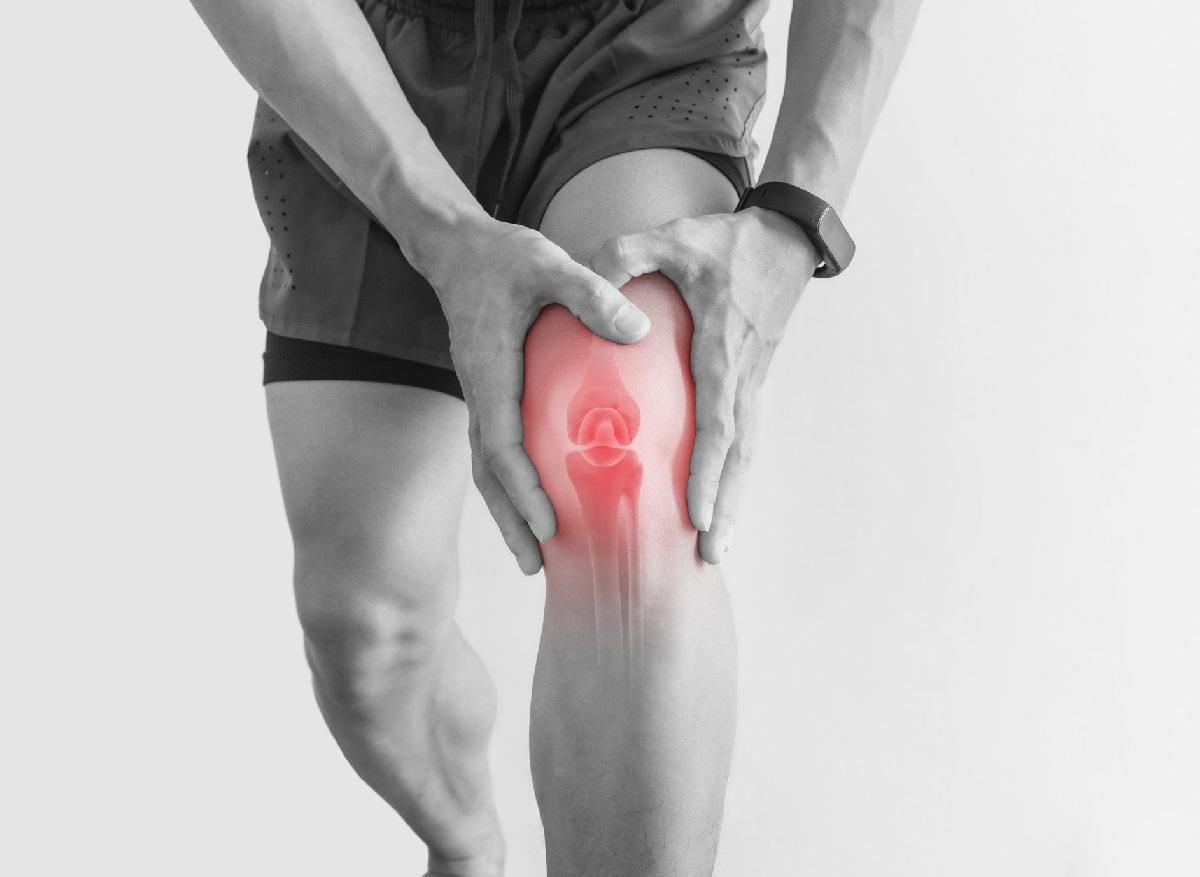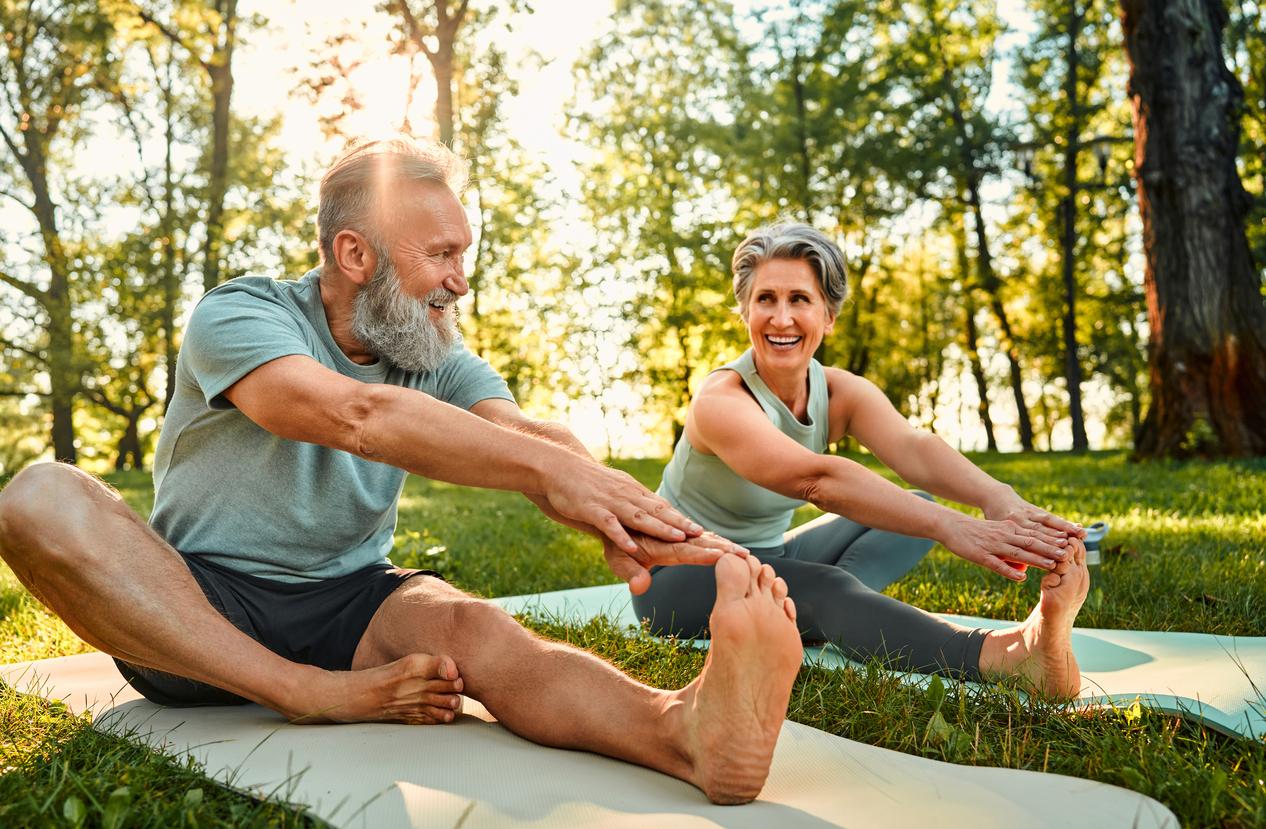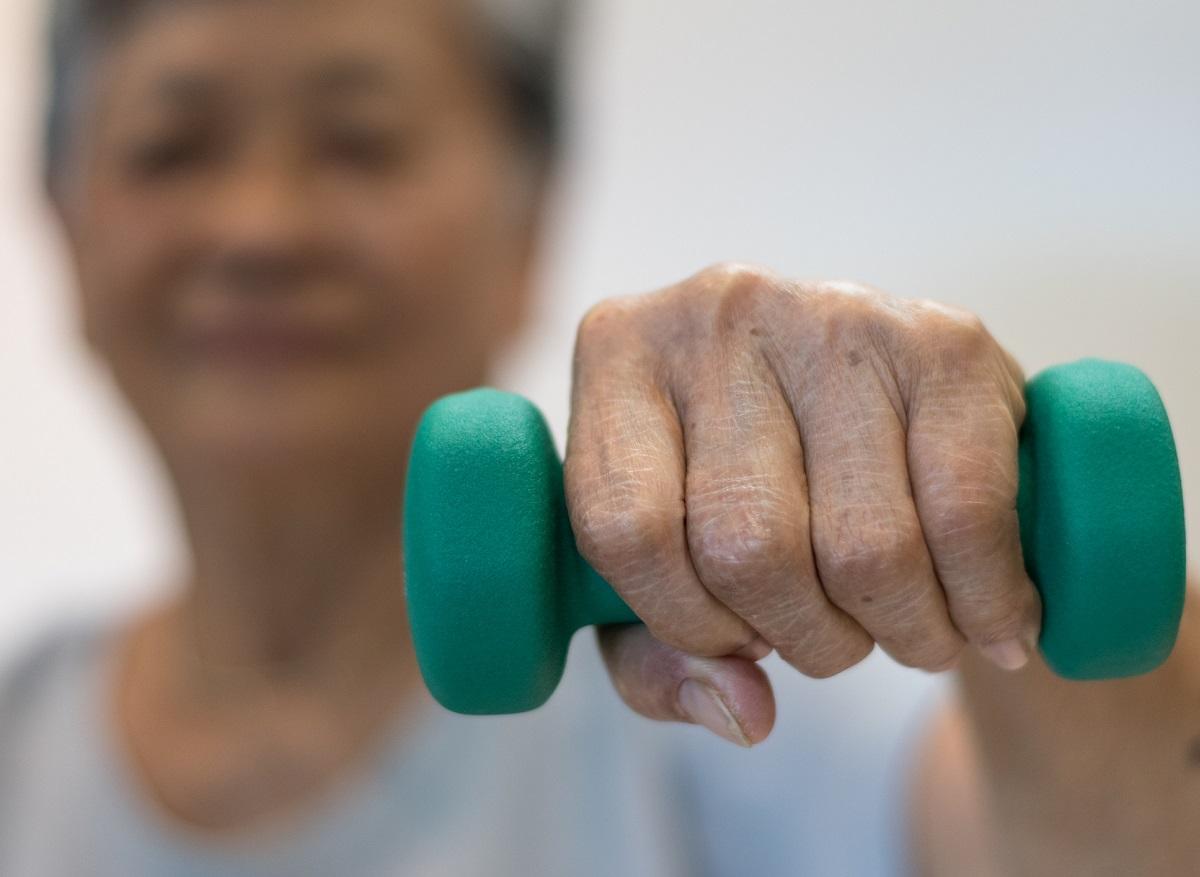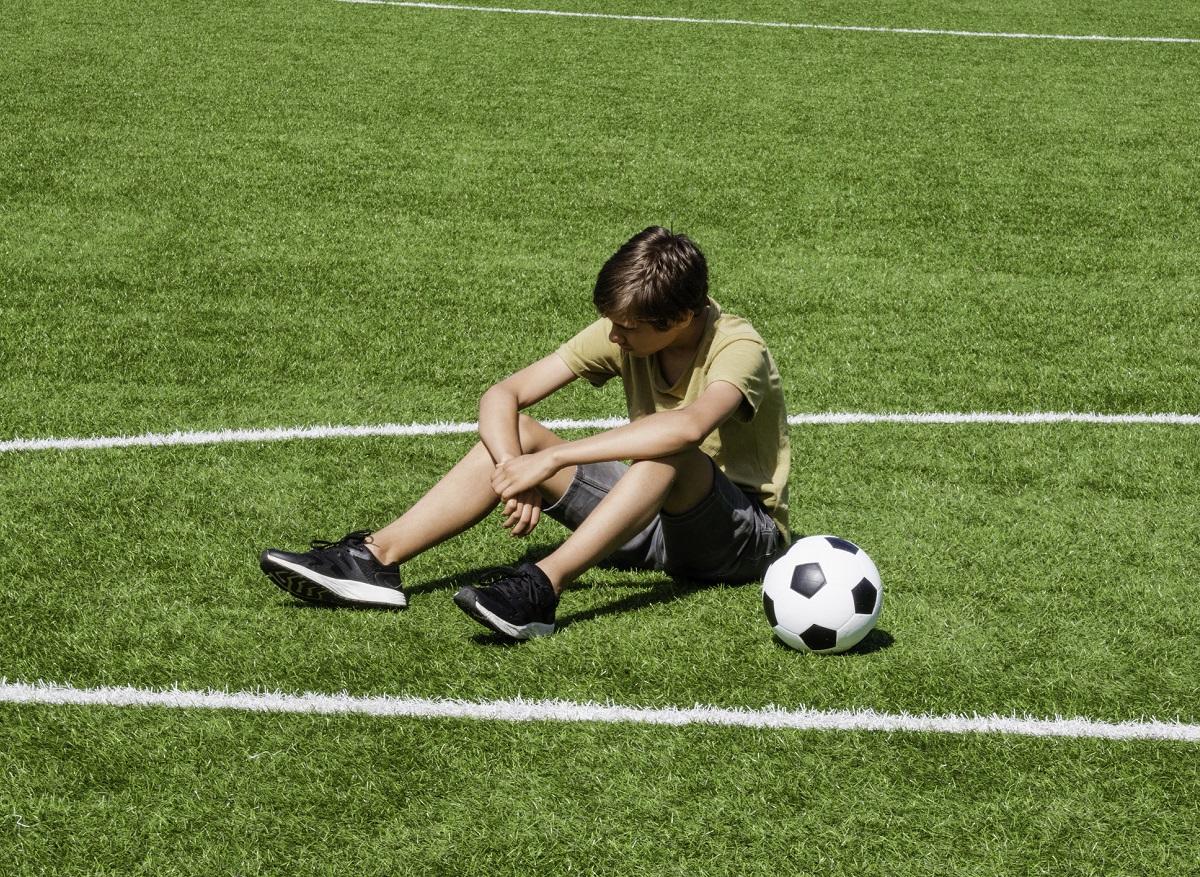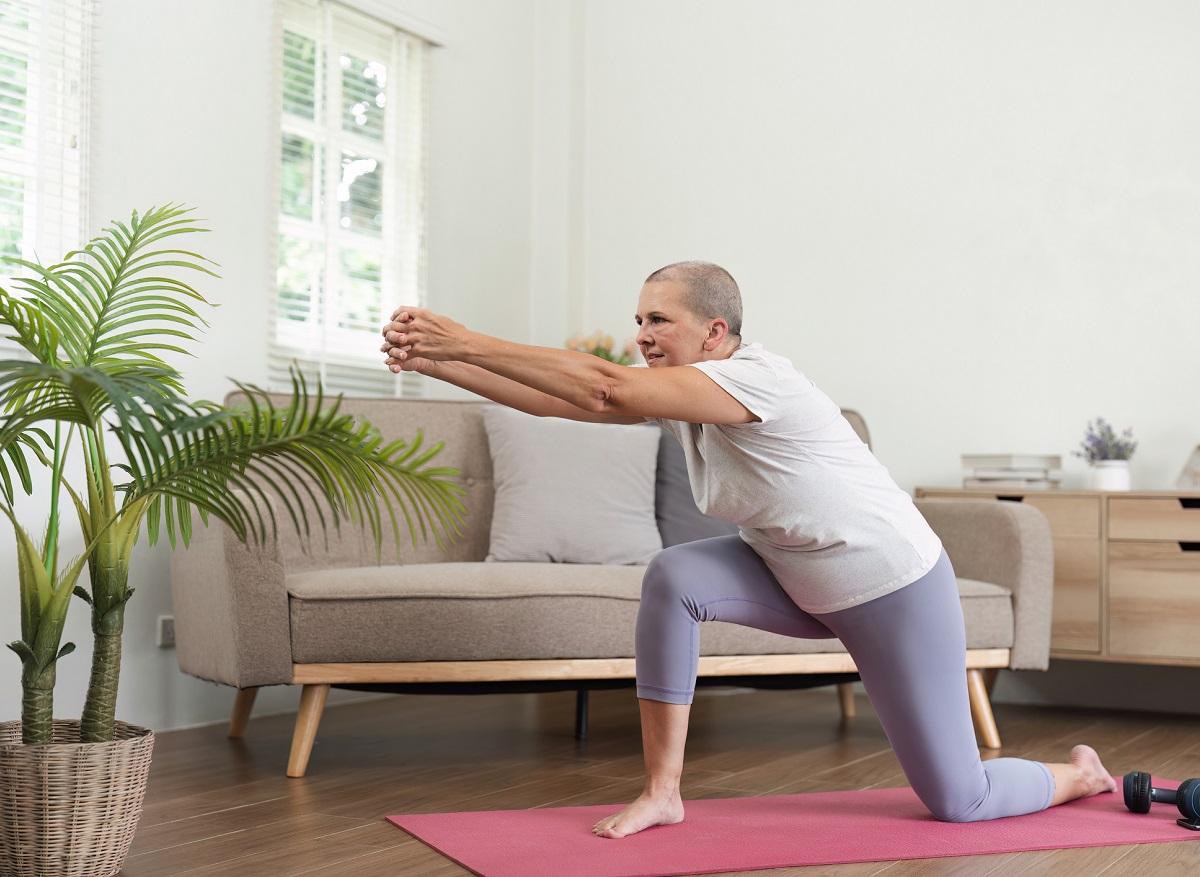The number of bicycle journeys is growing as are the learners. The effect of spring, the desire to avoid public transport or out of opportunism, some cycling schools are seeing more and more adults eager to get into the saddle. Report.
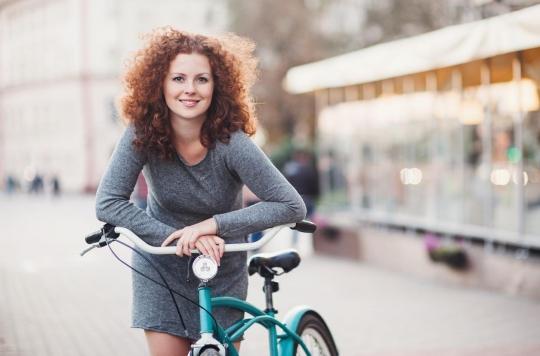
What if deconfinement was a godsend for learning to ride a bike? This is what the DAVS school bike, located in the south of Paris, seems to be experiencing. “There is a boom, we are saturated with each class. We try to open others“, assures Louis Staritzky, co-founder of the school. Yet it is difficult to say how much the deconfinement has pushed people to register. “We always have an increase in activity in the spring but there with the confinement the March classes have been moved, analyzes Frédéric Vitry co-founder of the DAVS. It is true that we receive emails where the participants clearly say that they no longer want to take public transport.
Exceptionally, classes have been moved from the campus of the Cité internationale universitaire de Paris (XIV) – closed due to Covid-19 – to the Bois de Vincennes. Complete beginners or in the process of perfecting their skills, the 12 adult students – all women – in the class this Thursday morning, often have multiple motivations. “Personal challenge”, “health reason”, “being able to go for a walk with my grandchildren”, “circulate more freely” or “improve your balance” are mentioned. They are only two to mention the current pandemic. “It’s obviously the current situation that pushes me to be hereexclaims Irina, who has not been on a bicycle for 25 years. There is the fear of meeting people in transport, and also because cycling is better for your health, the planet and it is more economical!“Vanessa, a 39-year-old Parisian, is in her second class:”it’s a personal challenge, being able to walk with my friends and if I manage to master it go to work because I would like to avoid using public transport as much as possibleshe explains. I had already contacted this school a few years ago, it is true that the coronavirus made me take the plunge.“
Recovered time
“We will move forward in a straight line on the bike, propelling ourselves with our feet. The important thing is to raise your head and look straight“, explains Louis Staritzky in a wide alley in the Bois de Vincennes. Masked, gloved and equipped with a bicycle helmet, the apprentice cyclists concentrate. The dreaded moment begins. One after the other, they spring forward, wince or talk to reassure themselves, while trying to control the handlebars which are agitated. Among them, Nora, a Parisian in her fifties and executive assistant. “It’s not related to the coronavirus for me, I’ve already had it in addition… It’s really fed up with the crowd. I had already decided to learn but there my employer put in place incentives for us to travel by bike so that hastened my decisionshe says. There as I’m teleworking I’m taking advantage of it… I have to hurry to take all my classes before the recovery then I’m going to run out of time.“
More than fear, it is more the time available that has pushed many students to carry out this long-standing project. “We see that people have more and more timeassures Frédéric Vitry. We have sessions in the morning during the week which is unthinkable the rest of the year.“Partial unemployment, teleworking or without work, deconfinement seems to allow more time for oneself.
However, the need to maintain social distancing is pushing politicians to further develop the practice of cycling in France. On April 30, the Ministry of Ecological Transition decided in particular to fully subsidize a “get back in the saddle” session to allow people to “to learn how to ride safely: 1 to 2 hours of learning, individually or in a small group, with an experienced instructor.“Promised at the end of deconfinement, it has not yet taken effect, but the demand seems to be there.”Several people have contacted us for more information but for the moment the terms have not been completely decided.explains Louis Staritzky. It’s a good initiative that will bring us a new audience such as people who only cycle on vacation and who fear traffic in the city.“A measure that may announce a good summer for school bikes.
Box: the government triples the allocation of its bicycle plan
This Thursday Élisabeth Borne, the Minister for Ecological Transition, announced the government’s decision to increase the resources allocated to the bicycle program. “We have decided to triple this budget, to 60 million euros, and to aim for one million reconditioned bicycles by the end of the year.” she said to Paris-Match. This money should encourage the French to favor cycling trips and avoid public transport, especially during deconfinement. It should finance the “repair boost” programs – 50€ from subsidy to repair a bicycle – and “re-saddle” a short training course to relearn how to ride a bicycle, as well as financial assistance for local authorities in their investments in urban furniture for bicycles.
More information on the “boost” and “get back in the saddle” programs on the website of the French Federation of Bicycle Users (FUB)
.










